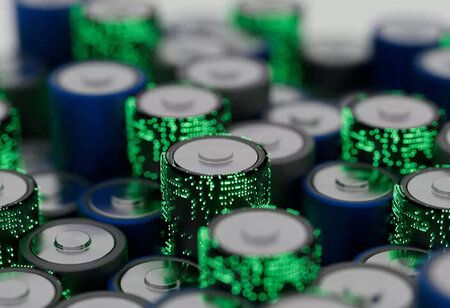
In January 2024, India said that, at a cost of INR 36.2 billion (US$434 million), a re-bidding procedure would be made available to a restricted group of bidders for the construction of mega battery production facilities with a 10 GWh capacity. The Central Public Procurement Portal was used for the pre-bid meeting, which was held on February 12, 2024, and the application deadline was April 22, 2024. The deadline for technical proposals was April 23, 2024.
The lineup of leading businesses for ACC manufacturing
The latest list of bidders includes ACME Cleantech Solutions Private Limited, Amara Raja Advanced Cell Technologies Private Limited, Anvi Power Industries Private Limited, JSW Neo Energy Limited, Reliance Industries Limited, Lucas TVS Limited, and Waaree Energies Limited, according to an official announcement from the central government. These businesses have combined to compete for a capacity of 70GWh, which is seven times the amount of manufacturing capacity that will be chosen.
On January 24, 2024, the ministry released a Request for Proposal (RfP) for the "National Programme on Advanced Chemistry Cell (ACC) Battery Storage," which is the PLI Scheme's method of shortlisting and choosing bidders. Establishing ACC Manufacturing Units with a 10 GWh total manufacturing capacity and a maximum budgetary investment of INR 36.2 billion is the goal.
Strong local supply chains and a thriving local battery manufacturing business are necessary to maintain the expansion of ACC manufacturing, according to a paper titled "Raw Materials for Battery & Component Manufacturing," which was released in August 2023. In line with India's goals for the EV sector, this would include localizing a substantial portion of the whole value chain, from material processing to pack assembly and integration.
In order to attain mutually beneficial outcomes, foreign investors in the manufacturing sector and other similar stakeholders should take note of the developing capacity building in the Indian ACC manufacturing industry and establish supplier partnerships with PLI beneficiaries.

